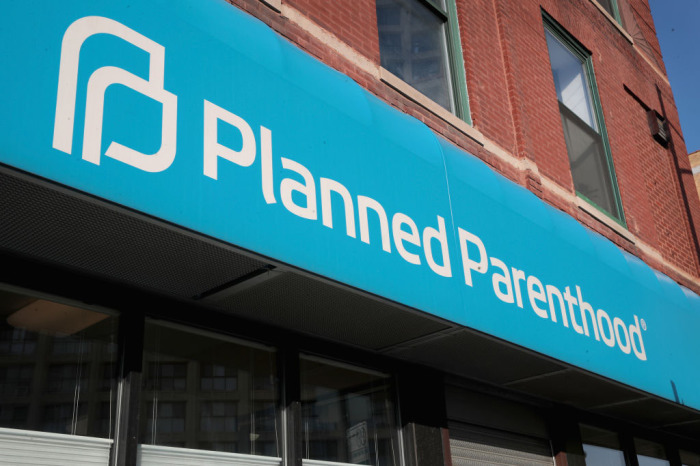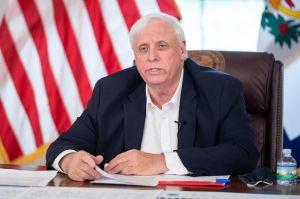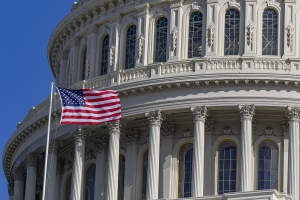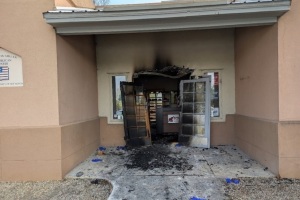Pro-life group files complaint with SBA over Planned Parenthood clinic obtaining $2.7 million PPP loan

A pro-life group has filed a complaint with the Small Business Administration, alleging that a Planned Parenthood affiliate improperly obtained Paycheck Protection Program loans designed for small businesses.
In a June 7 complaint addressed to SBA Administrator Isabel Guzman, the New Hampshire Right to Life accuses Planned Parenthood of Northern New England and Planned Parenthood affiliates across the country of obtaining Paycheck Protection Program loans provided to small businesses during the COVID-19 pandemic.
The Planned Parenthood Federation of America, which requires its affiliates to “submit to a rigorous PPFA accreditation review every three years,” has well in excess of 500 employees, the limit to qualify as a small business.
As part of the Coronavirus Aid, Relief, and Economic Security (CARES) Act, Congress provided Paycheck Protection Program loans to small businesses that were forced to close their doors when federal, state and local governments implemented lockdowns in response to the novel coronavirus. As New Hampshire Right to Life President Jason Hennesseey explained in the letter to Guzman, Planned Parenthood of Northern New England applied for a PPP loan and received $2,717,300 in taxpayer dollars.
“Big businesses such as Planned Parenthood unlawfully applied to PPP and should not have their loans forgiven,” he wrote. Noting that tax returns filed by Planned Parenthood of Northern New England in 2019 showed “a total gross revenue of $27,153,085 and net earnings of $1,562,789,” while the Planned Parenthood Federation of America claimed “$274,186,594 and net earnings of $24,901,341.” Hennessey asserted in the letter that “these are not the type of revenue streams that are typical of a small business.”
Hennessey added: “Planned Parenthood of Northern New England did not identify as an affiliate of Planned Parenthood Federation of America, Inc.” when applying for a PPP loan. Under the rules of the Paycheck Protection Program, “In most cases, a borrower will be considered together with its affiliates for determining eligibility for the PPP.” The SBA had previously determined that “PPFA is known to have and to exercise control over its local affiliates.”
Citing a May 2020 SBA notice to another Planned Parenthood affiliate explaining that it was ineligible for a PPP loan because of its affiliation with PPFA and its number of employees, Hennessey concluded that, “Planned Parenthood of Northern New England, Inc. also cannot qualify for a PPP loan under this same logic because [as] an affiliate of Planned Parenthood Federation of America, Inc. it has more than 500 employees.”
“Just as SBA properly held Planned Parenthood of Metropolitan Washington, Inc. to have misrepresented its qualification and demand[ed] return of the PPP funding a similar letter must be sent to Planned Parenthood of Northern New England, Inc. requesting the $2,717,300 first draw PPP loan award be returned,” he added.
Hennessey expressed hope that “SBA can recover PPP loans from national conglomerates who fraudulently received relief funds instead of the New Hampshire family-owned restaurants, daycare centers, barbershops, and lawn care/snow removal companies — all successful businesses based solely on the hard work and effort of New Hampshire citizens.”
The letter from the New Hampshire Right to Life comes after the Republicans on the Senate’s Committee on Small Business and Entrepreneurship wrote to Guzman on April 15, expressing concern about Planned Parenthood affiliates’ continued receipt of PPP loans.
Led by Sen. Rand Paul, R-Ky., the senators asserted that, according to data provided to Congress on March 23, “not only have most of the PPFA affiliates not returned their PPP funds, as requested by SBA, but two have applied for and been approved for a second draw loan, with full knowledge of their ineligibility.”
On May 10, Paul and the other Senate Republicans on the Committee on Small Business and Entrepreneurship wrote another letter to Guzman, reporting that “since our April 15 letter to you, SBA approved PPP loans for at least two additional PPFA affiliates according to the most recent data posted to the Agency’s website.”
Specifically, they said, one Planned Parenthood affiliate received a $10 million loan, the maximum loan amount under the Paycheck Protection Program. The senators described the $10 million loan to Planned Parenthood of Greater New York as “unacceptable.”
In both letters, the senators asked the Small Business Administration to provide “a detailed explanation regarding how two PPFA affiliates were approved for second draw loans despite the SBA’s determination that they were ineligible for the PPP” and “a detailed explanation of the SBA’s process for ensuring entities that were determined to be ineligible for first draw loans do not get second draw loans.”
Additionally, the senators requested “all forgiveness information associated with loans to PPFA entities,” and “a description of any and all actions the SBA has taken to recover PPP funds unlawfully provided to PPFA affiliates.” In the follow-up letter, the senators asked for “complete PPP loan-level data for all PPFA affiliates” and “unredacted copies of any and all agency decisions, determinations, guidance, policies and/or documents related to PPP loans to PPFA affiliates.”
Ryan Foley is a reporter for The Christian Post. He can be reached at: ryan.foley@christianpost.com





























